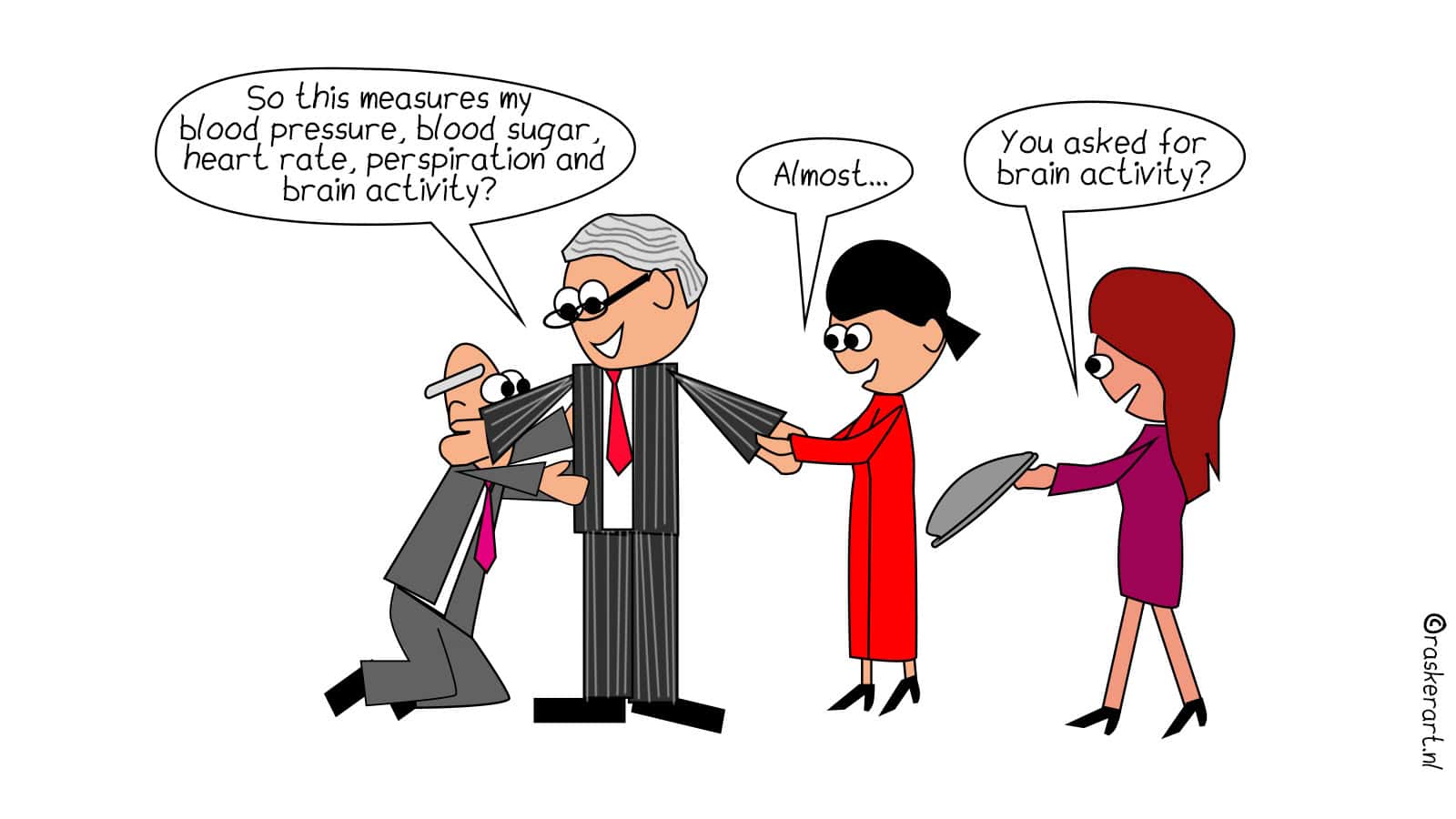
In order to be a step ahead, a number of companies led by Siemens Healthineers and Siemens Smart Infrastructure are aiming to build a central facility with room for 1,500 IC beds at a central location in the Netherlands. The Delta Medical Center can be built within a year according to Jeroen de Bruin, spokesperson for Siemens Healthineers.
Although this may be too late for the current pandemic, it will enable regular healthcare to continue during a future virus outbreak. “With the help of vaccines, corona should eventually be under control,” says De Bruin. But experts have no doubt that there will be another pandemic, he says. “Virologists point out that with our lifestyle – as we live close to each other – and the way we deal with biodiversity, it is impossible to prevent something like this from happening ever again. It’s not a question of if, but when.”
The idea behind the pandemic facility is to learn from what is happening at the moment in healthcare and hospitals. “The healthcare infrastructure has been under pressure ever since the pandemic began. It has led to separate ICUs that are shielded from ‘normal’ patients. Also, transferring patients to other hospitals – a sizeable logistical operation – does not relieve that pressure. During the holidays last year, the pressure became too much for the second time and resulted in regular healthcare being scaled down again. Based on figures from the Dutch National Institute for Public Health and the Environment (RIVM), at least 50 thousand healthy years of life were lost as a result of that scaling down during the first wave. Patients whose treatment was postponed or people who died at home,” De Boer explains.
National center
Whenever the next pandemic occurs, it would be a good idea to organize the patient logistics from a central location. De Bruin: “It is incredibly complex to spread patients throughout the country according to the capacity of hospitals. At one point, patients were even transferred to Germany. This would not be necessary if there was a central facility. Lelystad, for example, would be an ideal location. Helicopters can land there and medical personnel can easily travel to and be accommodated there.”
With 1,500 ICU beds, including triage units, diagnostic rooms, OR complex, mortuary, offices and facilities, the center will be a huge operation that – apart from the initial construction – will cost about 50 million euros per year to maintain. Which is a lot of money for something that we are not sure we will need. De Bruin: “The impact of the current lockdown and scaling-down of healthcare is enormous. Both in social and economic terms. This kind of thing is avoidable in the future. The plan we are currently proposing will ensure that regular patients receive medical care during a pandemic. Moreover, it is not the case that 1500 ICU beds are available all year round. The facility has a flexible layout and is designed to be 20 percent operational within 48 hours and scale up to 1,500 beds within 120 hours,” De Bruin makes clear.
Training staff
Staffing the facility with enough trained staff is also – contrary to what many people think – perfectly possible. To do this, the companies have come up with the following: A so-called “national reserve” whereby each Dutch hospital contributes medical personnel. Depending on the capacity in each hospital, up to twenty percent of its healthcare personnel will be transferred to the pandemic facility during a pandemic. This way, eighty percent will always be available for regular medical care.
Together with the University of Twente, Siemens Healthineers studied what specialists would have to be capable of doing. De Bruin: “What became clear was that COVID patients in the ICUs all have the same kinds of symptoms. These require a different set of skills than those needed in a trauma center where all sorts of different patients are admitted.”
Starting within three months
According to the plan, regular nurses can undergo further training in specific skills via e-learning or short-term courses. They will be trained to provide support under the supervision of an ICU nurse. “This is to be able to operate respiratory equipment or learn other specific skills. They receive a refresher course every so often to keep this knowledge up to date,” says De Bruin.
It will take about three months to train enough assistant IC nurses for the national reserve. According to calculations made by the Technical University of Twente, approximately three to four thousand ICU nurse assistants can be trained in a year. More than enough to cope with the enormous pressure that accompanies a pandemic.
De Bruin states that the plan has now been presented to politicians. The companies involved want to show that a pandemic can also be tackled in other ways. Various discussions are underway as to whether the plan will actually be implemented. De Bruin: ” It is clear to us that this is a way to prevent healthcare services from being scaled down. We are working with builders who have experience with this type of project and we can be fully operational within 12 months. We are still in the midst of fighting the corona pandemic right now and are doing everything we can to get out of this situation as quickly as possible. But decisions will have to made before another pandemic comes along.”








